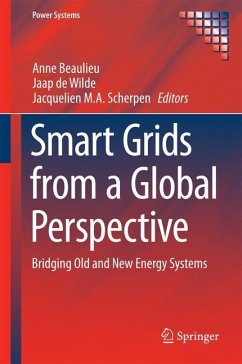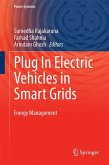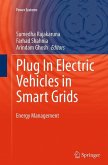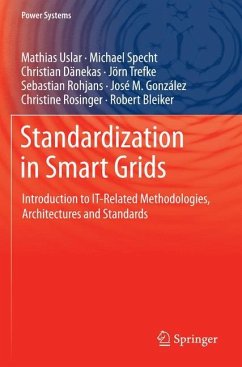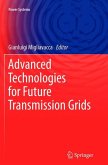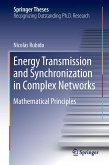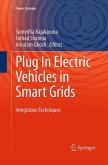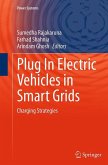This book presents a cross-disciplinaryapproach to smart grids, offering an invaluable basis for understanding theircomplexity and potential, and for discussing their technical, legal, economic, societal, psychologicaland security aspects.
Smart grids are a complex phenomenon involving new, active roles for consumersand prosumers, novel social, political and cultural practices, advanced ICT,new markets, security of supply issues, the informational turn in energy,valuation of assets and investments, technological innovation and(de)regulation. Furthermore, smart grids offer new interfaces, in turn creatinghybrid fields: with the increasing use of electric vehicles and electrictransportation, smart grids represent the crossroadsof energy and mobility. While the aimis to achieve more sustainable production, transportation and use of energy, theimportance of smart grids actually has less to do with electricity, heat or gas,and far more with transforming the infrastructure needed to deliver energy, aswell as the roles of its owners, operators and users. The immediate goal is tocontribute positively to a sustainable world society.
The chapters are revised and expanded texts based upon lecturesdelivered at the Groningen Energy Summer School 2014. Questions for furtherdiscussion at the end of each chapter highlight the key themes that emerge.
The book offers an indispensable resource for researchers, professionals andcompanies in the power supply industry, and for students seeking to broaden anddeepen their understanding of smart grids.
Smart grids are a complex phenomenon involving new, active roles for consumersand prosumers, novel social, political and cultural practices, advanced ICT,new markets, security of supply issues, the informational turn in energy,valuation of assets and investments, technological innovation and(de)regulation. Furthermore, smart grids offer new interfaces, in turn creatinghybrid fields: with the increasing use of electric vehicles and electrictransportation, smart grids represent the crossroadsof energy and mobility. While the aimis to achieve more sustainable production, transportation and use of energy, theimportance of smart grids actually has less to do with electricity, heat or gas,and far more with transforming the infrastructure needed to deliver energy, aswell as the roles of its owners, operators and users. The immediate goal is tocontribute positively to a sustainable world society.
The chapters are revised and expanded texts based upon lecturesdelivered at the Groningen Energy Summer School 2014. Questions for furtherdiscussion at the end of each chapter highlight the key themes that emerge.
The book offers an indispensable resource for researchers, professionals andcompanies in the power supply industry, and for students seeking to broaden anddeepen their understanding of smart grids.

